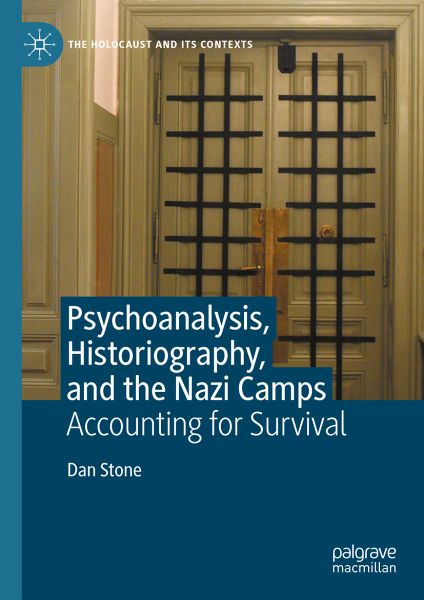
Psychoanalysis, Historiography, and the Nazi Camps (eBook, PDF)
Accounting for Survival
Versandkostenfrei!
Sofort per Download lieferbar
32,95 €
inkl. MwSt.
Weitere Ausgaben:

PAYBACK Punkte
16 °P sammeln!
¿In the postwar years, Dutch survivors Eddy de Wind, Louis Micheels, and Elie A. Cohen, who went on to become practicing psychoanalysts, penned accounts of their survival of the Nazi camps. Their sober assessments contrast sharply with those by Bruno Bettelheim and Viktor Frankl, which emphasized decisiveness, 'positive thinking', and resistance, missing the fact that many Holocaust victims with those characteristics or other qualities did not survive. De Wind's, Micheels' and Cohen's accounts are more sober, (self-)critical, and shaped by analytical practice. By analyzing them anew and compa...
¿In the postwar years, Dutch survivors Eddy de Wind, Louis Micheels, and Elie A. Cohen, who went on to become practicing psychoanalysts, penned accounts of their survival of the Nazi camps. Their sober assessments contrast sharply with those by Bruno Bettelheim and Viktor Frankl, which emphasized decisiveness, 'positive thinking', and resistance, missing the fact that many Holocaust victims with those characteristics or other qualities did not survive. De Wind's, Micheels' and Cohen's accounts are more sober, (self-)critical, and shaped by analytical practice. By analyzing them anew and comparing them with accounts by female doctors who survived Block 10 in Auschwitz, this book argues that their theories of survival accord with contemporary sensibilities in psychoanalysis and Holocaust historiography. Psychoanalytic concepts have changed over time in response to greater understanding of the Holocaust and recent Holocaust historiography makes us more receptive to insights that were unfashionable in the first postwar decades.
Dieser Download kann aus rechtlichen Gründen nur mit Rechnungsadresse in A, B, BG, CY, CZ, D, DK, EW, E, FIN, F, GR, HR, H, IRL, I, LT, L, LR, M, NL, PL, P, R, S, SLO, SK ausgeliefert werden.












